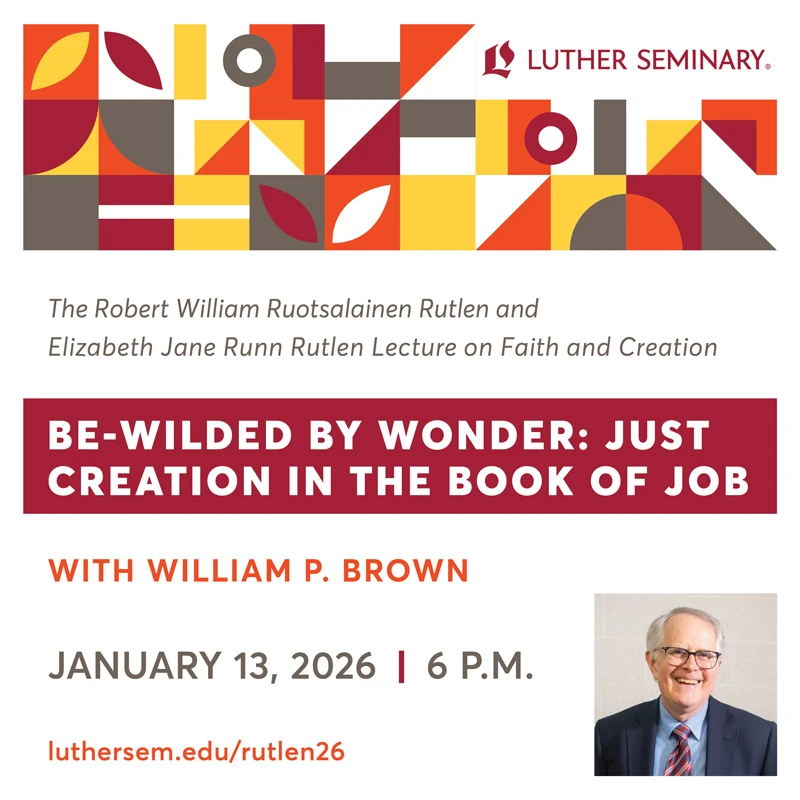SUMMARY
These verses reflect on the person whose life and worship are worthy in God’s eyes and on those whose lives warrant divine judgment. The rhetoric draws sharply contrasting images of both types of people.
ANALYSIS
Verses 1-6 speak to a sharp contrast between worshippers whose lives gain divine approval and those who choose their own way and take delight in things that God finds abominable (v. 3).
The poem begins with a theological claim about divine presence and human effort. Heaven is God’s throne and the earth is God’s footstool. In other words, God’s presence fills every corner of creationCreation, in biblical terms, is the universe as we know or perceive it. Genesis says that in the beginning God created the heavens and the earth. In the book of Revelation (which speaks of end times) the author declares that God created all things and... More. Human beings who seek to build God a templeThe Jerusalem temple, unlike the tabernacle, was a permanent structure, although (like the tabernacle) it was a place of worship and religious activity. On one occasion Jesus felt such activity was unacceptable and, as reported in all four Gospels, drove from the temple those engaged... More and offer sacrifices there are not necessarily pleasing to God; they must also be “humble and contrite in spirit” and they must follow God’s Word (vs. 2). If they do what is evil in God’s sight, then even sacrifices will not save them (vss. 3-4).

